Stockton, California, is a diverse and vibrant community known as the All-American City.
It is home to The Golden State’s Delta, where the San Joaquin River estuary and the American River feed and nourish the surrounding farmlands.
Located 35 miles north of Modesto and due east of San Francisco Bay, forests and farmland surround the mid-sized western town.
Captain Charles M. Weber named Stockton for Commodore Robert F. Stockton.
The once adobe mud streets of the small encampment transformed forever in the 1848’s when gold was discovered in the nearby Sierra Foothills.
Soon, the moniker of ‘Mudville’ gave way to the city of Stockton, a thriving town serving and supplying miners on the quest for gold.
Stockton is a waterfront community with a lively downtown, including two sports teams – minor league baseball and the Stockton Heat hockey team at the Stockton Arena.
One of the city’s most beloved downtown treasures, the 1930 Bob Hope Theatre, is a National Register of Historic Places listing.
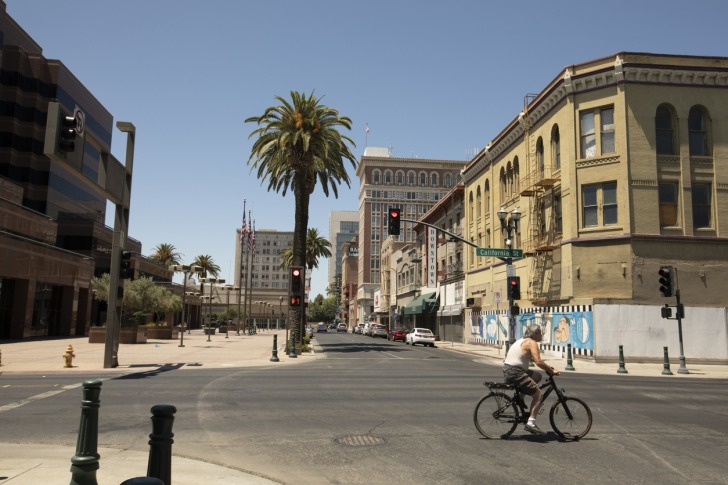
Contents
Pros of Living in Stockton
1. Diversity
Stockton, California, is a diverse community home to numerous beliefs and religions.
A mishmash of vibrant cultures on of the iconic location is the Wat Dhammararam Cambodian Buddhist Temple.
This unique campus is one of the few of its kind in the United States and a mainstay in the city.
Mid-Size City: Stockton is, first and foremost, a city of water.
Shaped by the San Joaquin Valley River and estuaries, the city has built numerous restaurants and entertainment facilities on the downtown waterfront.
Almost 4000 entrepreneurs fuel the city’s upward trajectory.
2. Strong Community
Stockton’s waterfront is the farthest inland port in California.
However, the overwhelming support shown by the community is apparent.
A clean and welcoming city, there are numerous celebrations and festivals that highlight the city’s history.
The seafood and soul festival and several agricultural-based events such as the Garlic, Asparagus, and Greek Festivals.
One of the most famous for the area is the award-winning Juicy Fest, a celebration of the local food, music, and the various cultures that make Stockton.
3. High-Tech Infrastructure
Stockton is known for its high-speed internet and a strong commitment to growing technological infrastructure.
And over 78% of the city has some level of internet access.
4. Advantageous Weather
Low humidity and milder temperatures make Stockton, California, a good place to live.
Because of its inner geography in the San Joaquin River Valley, it rarely sees significant storms or hurricanes and is protected from wildfires.
5. Opportunities
Mudville, an old nickname for Stockton, has had a long history and dependence on agriculture.
However, as it grows, the city has diversified into technology, communications, and tech manufacturing.
Some of Stockton’s largest employers are Kaiser Permanente, ATT, Amazon, and Apple.
6. Advanced Education
Stockton has several award-winning high schools – recognized both scholastically and artistically.
For anyone looking for post-secondary education in a smaller environment, Stockton is home to three private academic institutions, three public universities, and four community colleges.
Stockton is a beautiful mid-sized city combining a storied and rugged past with unique potential for the future.
However, the city has some recognizable deficiencies.
So, if high housing prices and taxes are not in your budget, it may be best to research other options.
7. Artistic Haven
Stockton has roughly 15 museums, seven private art galleries, and countless outdoor art festivals.
One of the most famous museums is The Haggin Museum, a local icon featuring area history and art.
The Haggin Museum houses the famed collection of illustrator J.C. Leyendecker.
With over 300 works displayed, Leyendecker was known for his drawings and covers for the “Saturday Evening Post.”
8. Outdoor Activities
A haven for hiking and biking, there are 66 parks throughout Stockton.
The surrounding community is also home to over 68 trails that crisscross nearly 796 miles within the Stockton area.
One of the most popular areas is Oak Grove Regional Park a nature center catfish-stocked lake.
The nearby Micke Grove Regional Park boasts a serene Japanese garden and open-air Micke Grove Zoo.
Cons of Living in Stockton
1. High Growth Rate
Stockton’s population is roughly 450,000 and growing annually at slightly less than 1.2%.
A substantial rate for a city of only 65.25 square miles.
Stockton continues to rank up.
It is now rated at 13th in the nation for “positive momentum population growth.”
And, there has been a noticeable uptick in permits for both single-family and multifamily construction.
While a city’s growth rate can be both good and bad, if unplanned, it can be detrimental to a city.
2. Growing Crime
Whether directly associated or not with an increase in population and a 6.5% unemployment rate, crime is growing in Stockton.
Violent crime rates in the city were three times the national average, with a 1 in 79 chance of encountering a crime.
Stockton’s property crime rate was roughly twice the national average – a 1 in 30 chance of experiencing theft or property damage.
3. Schools
The reading and math proficiency scores for Stockton’s elementary schools are some of the lowest in the state.
Public school education for grades one to six, consistently average scores in the 30-40th percentiles – with several schools low enough not to be scored.
In contrast, Stockton’s high school ranks in the top 15.
4. Windy City
Winds in Stockton average between 6 mph and 10 mph.
This is higher than most cities.
The windiest city in the United States is Dodge City, Kansas, with an average wind speed of 13 mph.
5. High Taxes
Both the property and city sales taxes throughout Stockton and San Joaquin County are among the highest, just over 1.13%, in the state of California.
6. Restricted Property
Because Stockton is surrounded by state and national parks and designated farmland and estuaries, the city will likely never expand beyond its current size.
Any growth will be in a limited space.
This could cause housing difficulties as the city continues to grow.
7. Cost of Living
Stockton’s housing costs are over 39% higher than the national average.
Daily utility rates are 42% higher than the national average.
Stockton’s cost of living is not just about rent and electricity.
Necessary expenses such as transportation, bus fares, or gas prices rate 31% higher than the United States average.
Food prices are also higher for groceries and dining out, averaging roughly 17% higher than the rest of the country.
8. Air Quality
Stockton’s air quality is affected by several factors.
Winds blow pollutants into the valley, and wildfires, dust, and local farming industry byproducts all play a part in reducing the area’s air pollution rating.
On average, the parts per million (PPM) of pollutants and irritants in the area are two to three times the WHO recommended health standards.
There are very few perfect places.
And choosing a place to live is most often about priorities.
But with a bit of research about the pros and cons of living in Stockton, CA, you should be able to find the perfect fit.
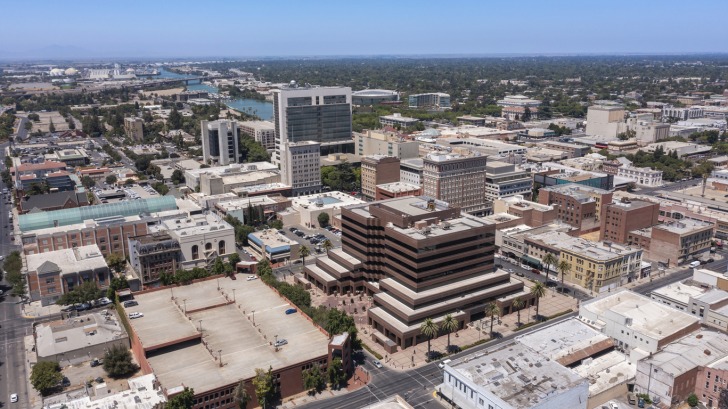
Pros and Cons of Living in Stockton, California – Summary Table
| Pros of Living in Stockton | Cons of Living in Stockton |
|---|---|
| 1. Diversity | 1. High Growth Rate |
| 2. Strong Community | 2. Growing Crime |
| 3. High-Tech Infrastructure | 3. Schools |
| 4. Advantageous Weather | 4. Windy City |
| 5. Opportunities | 5. High Taxes |
| 6. Advanced Education | 6. Restricted Property |
| 7. Artistic Haven | 7. Cost of Living |
| 8. Outdoor Activities | 8. Air Quality |
Stockton Safety Overview
READ THE FULL REPORT: Stockton Safety Review
Safety Index:
- OVERALL RISK: HIGH
- TRANSPORT & TAXIS RISK: LOW
- PICKPOCKETS RISK: HIGH
- NATURAL DISASTERS RISK: MEDIUM
- MUGGING RISK: HIGH
- TERRORISM RISK: LOW
- SCAMS RISK: LOW
- WOMEN TRAVELERS RISK: MEDIUM
Frequently Asked Questions
What is the median age in Stockton, CA?
Stockton is a relatively young and active city.
The average age of residents hovers around 33 years old.
What is the average salary in Stockton, CA?
There are diverse opportunities in Stockton.
Education is one of the leading options for work.
The average salary in Stockton is roughly $55,000.
Employment options throughout the city range from $25,000 to over $150,000.
Does Stockton, CA, have a Children's Museum?
The northern California city is famous for the Children’s Museum of Stockton, featuring experienced and play-centric exhibits that enhance a child’s imagination.
Destination Space is the museum’s newest exhibit.
Does Stockton, CA, have a baseball team?
Stockton is home to the Stockton Ports, a single A, minor league baseball team that is an affiliate of the Oakland Athletics.
The Ports play at the downtown Banner Island Ballpark.
What University is near Stockton, CA?
Stockton is home to the oldest university in California, the University of The Pacific.
This prestigious university was founded in 1851 and has a full liberal arts undergraduate program as well as professional schools in business, dentistry, education, international studies, law, nursing, and medicine.
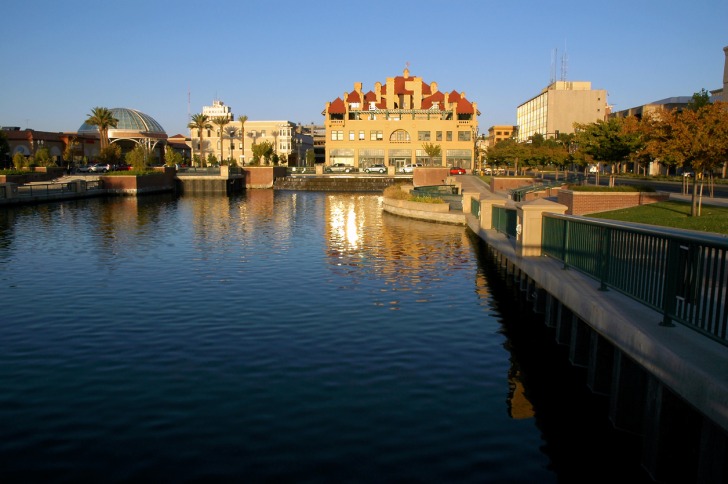
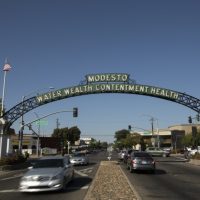
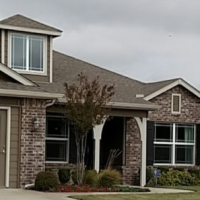
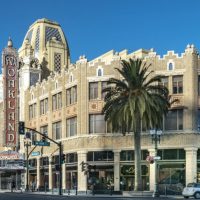
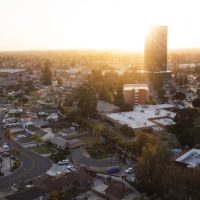
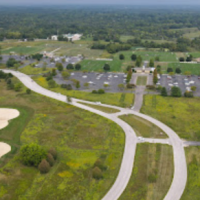
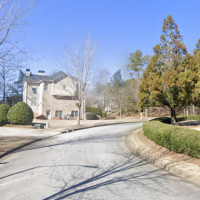





Stockton, California is a diverse city with high crime rates, lower-performing schools, and a high cost of living.
Stockton, California is a diverse and vibrant community with a strong sense of community and a growing economy, but it also faces challenges such as high crime rates and a high cost of living.